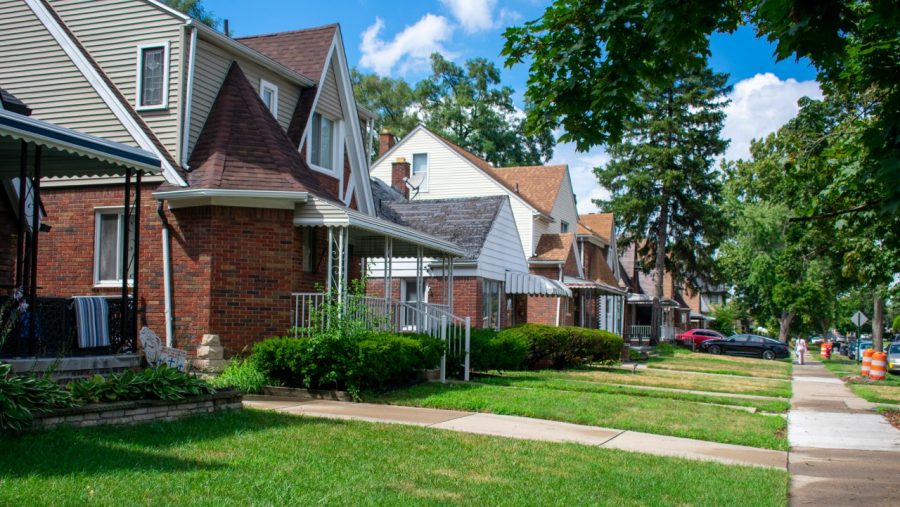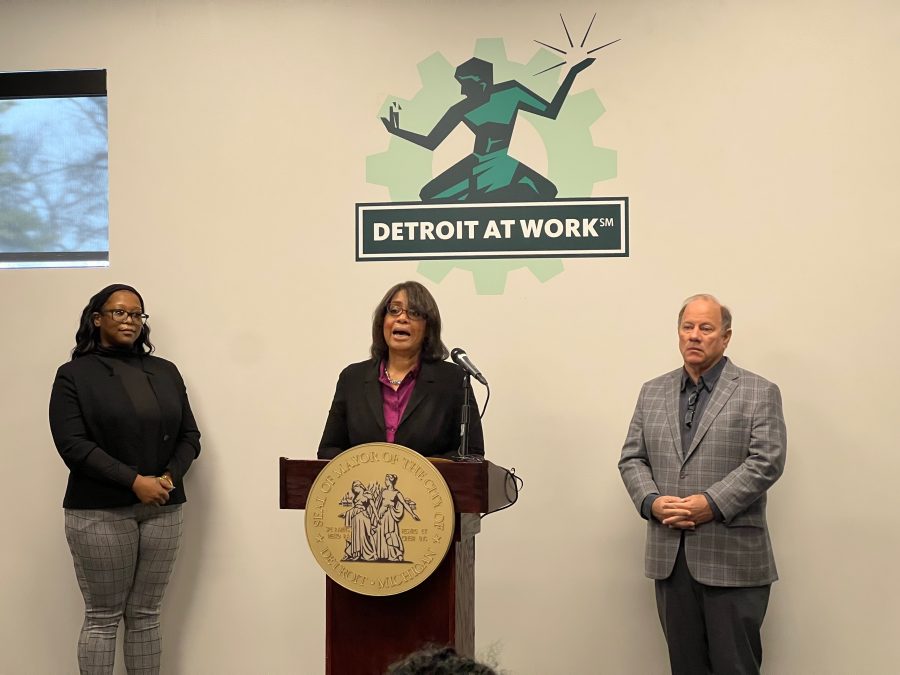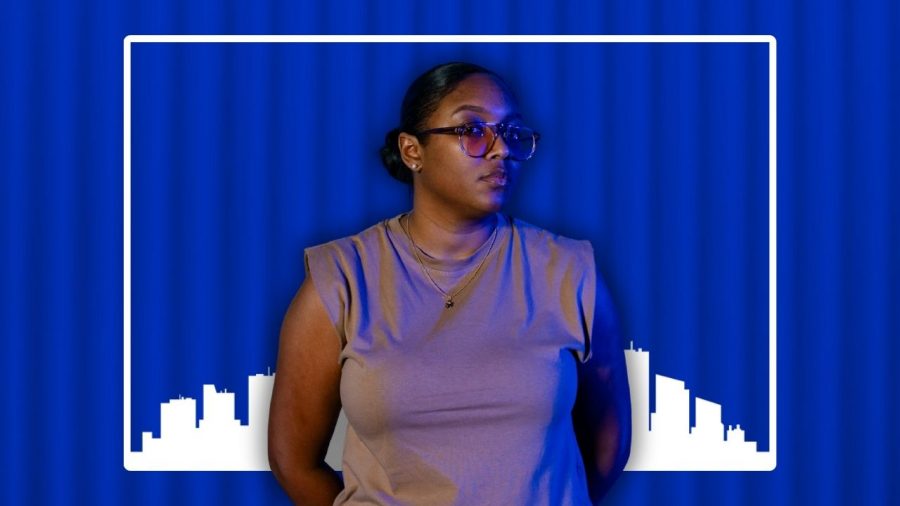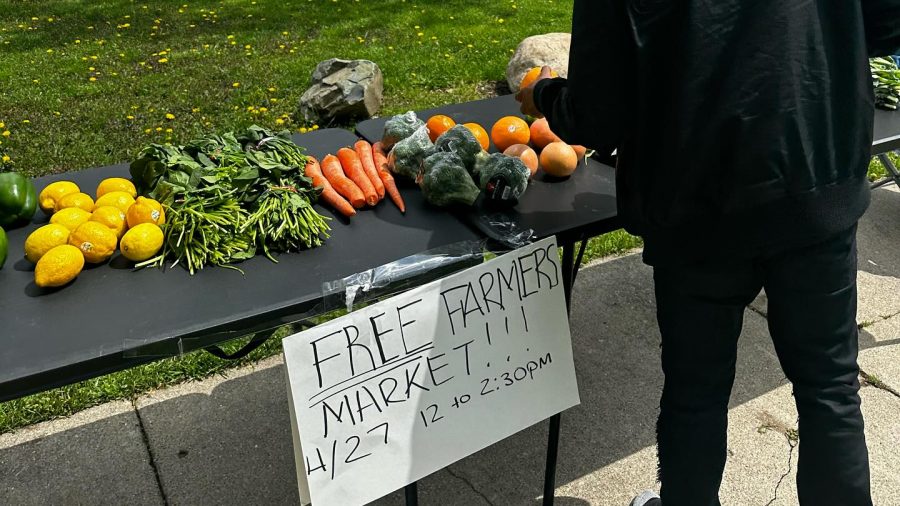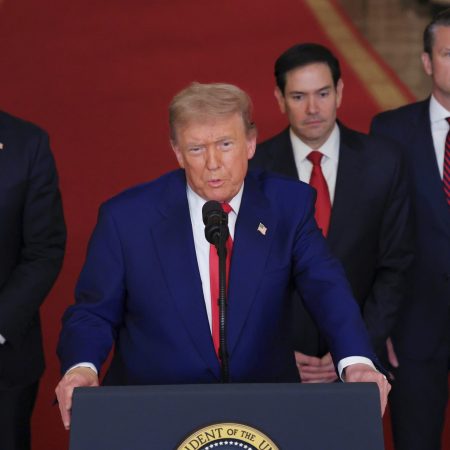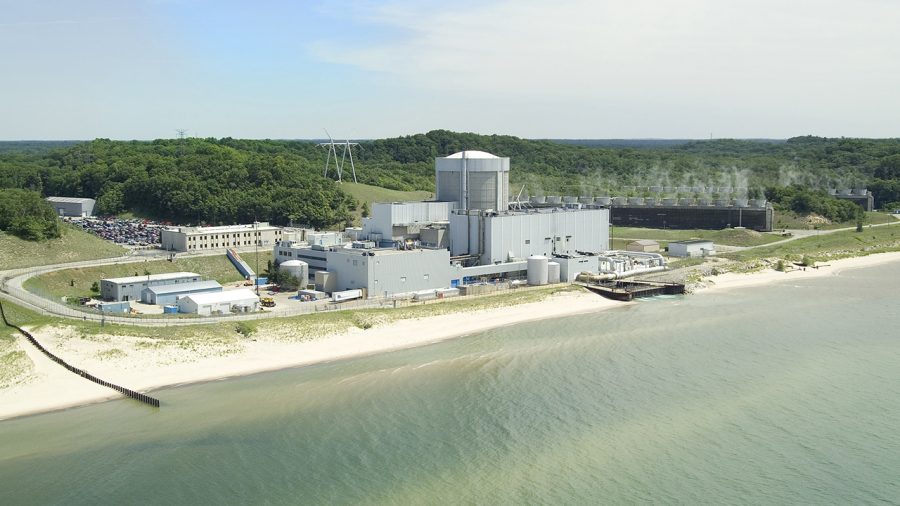The Metro: The power of preventing problems instead of responding to them
In America, we have a lot of very big problems, including climate change, income and wealth inequality and hyper partisanship.
How should we tackle these problems?
Paul Fleming is an associate professor of public health at the University of Michigan. He believes we need to focus more on preventing problems from occurring in the first place.
It’s that mindset, detailed in his book, “Imagine Doing Better,” that he hopes will help us get to the root of the problems we seek to resolve before they turn into crises.
WDET’s Sam Corey spoke with Professor Fleming. They began by talking about why policy is important to focus on at all.
Listen to The Metro weekdays from 10 a.m. to noon ET on 101.9 FM and streaming on demand.
Subscribe to The Metro on Apple Podcasts, Spotify, NPR.org or wherever you get your podcasts.
Trusted, accurate, up-to-date.
WDET strives to make our journalism accessible to everyone. As a public media institution, we maintain our journalistic integrity through independent support from readers like you. If you value WDET as your source of news, music and conversation, please make a gift today.Donate today »
More stories from The Metro
The post The Metro: The power of preventing problems instead of responding to them appeared first on WDET 101.9 FM.


